Early Childhood Education / Special Education Major
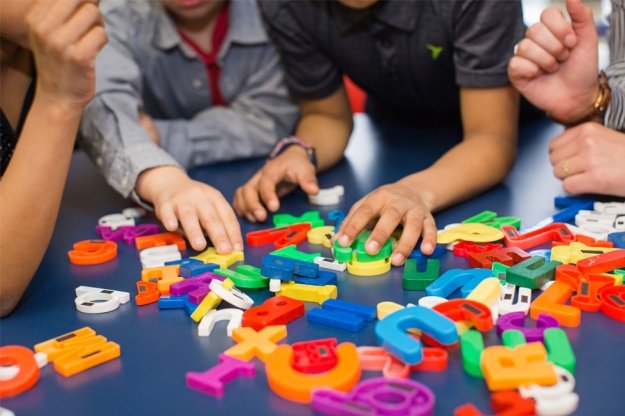
Build the foundation for a child's lifelong learning journey with a degree in early childhood education from Salve Regina University. Our program will prepare you for Rhode Island teacher certification in grades pre-kindergarten through second grade (early childhood education) or birth through second grade (early childhood education and special education).
The collaborative nature of this program prepared me to work alongside educators with different teaching styles than myself, and the focus on culturally responsive and special education has helped me reach the needs of all of my students.
Beatriz Ferreira '24, first grade co-teacher, Adam J. Lewis Academy
Make a Sustainable, Positive Impact
Accredited by the Rhode Island Department of Education and grounded in a liberal arts tradition, our program combines a content-rich study of teaching methods with hands-on field experience in diverse classroom settings.
Salve's early childhood education program sets you on a path of hands-on learning beginning in your sophomore year. These early field experiences immerse you in the diverse communities where you may one day teach, allowing you to develop the skills to create sustainable, positive change. Field experiences in classrooms continue through junior year and teaching residency (student teaching) during both semesters of your senior year.
Our special education program - which can only be taken as a double major with early childhood or elementary education - prepares you to work with students impacted by mild and moderate special needs.
Our curriculum places a strong emphasis on building meaningful relationships within these communities, empowering you to make an impact that lasts beyond the classroom. Here at Salve, you'll become a teacher who transforms classrooms and communities with compassion, creativity and commitment.
We also offer a combined bachelor’s/master’s program, enabling qualified Salve undergraduates to begin our graduate program in special education in their senior (fourth) year.
What Sets Salve Apart
Our faculty have incorporated science of reading instruction components that allow our students to meet the requirements of the Right to Read Act.
Our programs are accredited by the R.I. Department of Education and aligned to its professional teacher standards. Through an interstate agreement, our graduates can transfer their credentials to 45 states, Washington, D.C., Puerto Rico and Guam.
Add a Special Education Major
Our special education program - which can only be taken as a double major with early childhood or elementary education - prepares you to work with students impacted by mild and moderate special needs. Our students examine exceptionality and its relation to learning styles, teaching styles and service delivery models. Through comprehensive coursework and field experience, you'll develop strategies that respond to students' academic and behavioral needs while effectively managing your classroom and teaching practice.
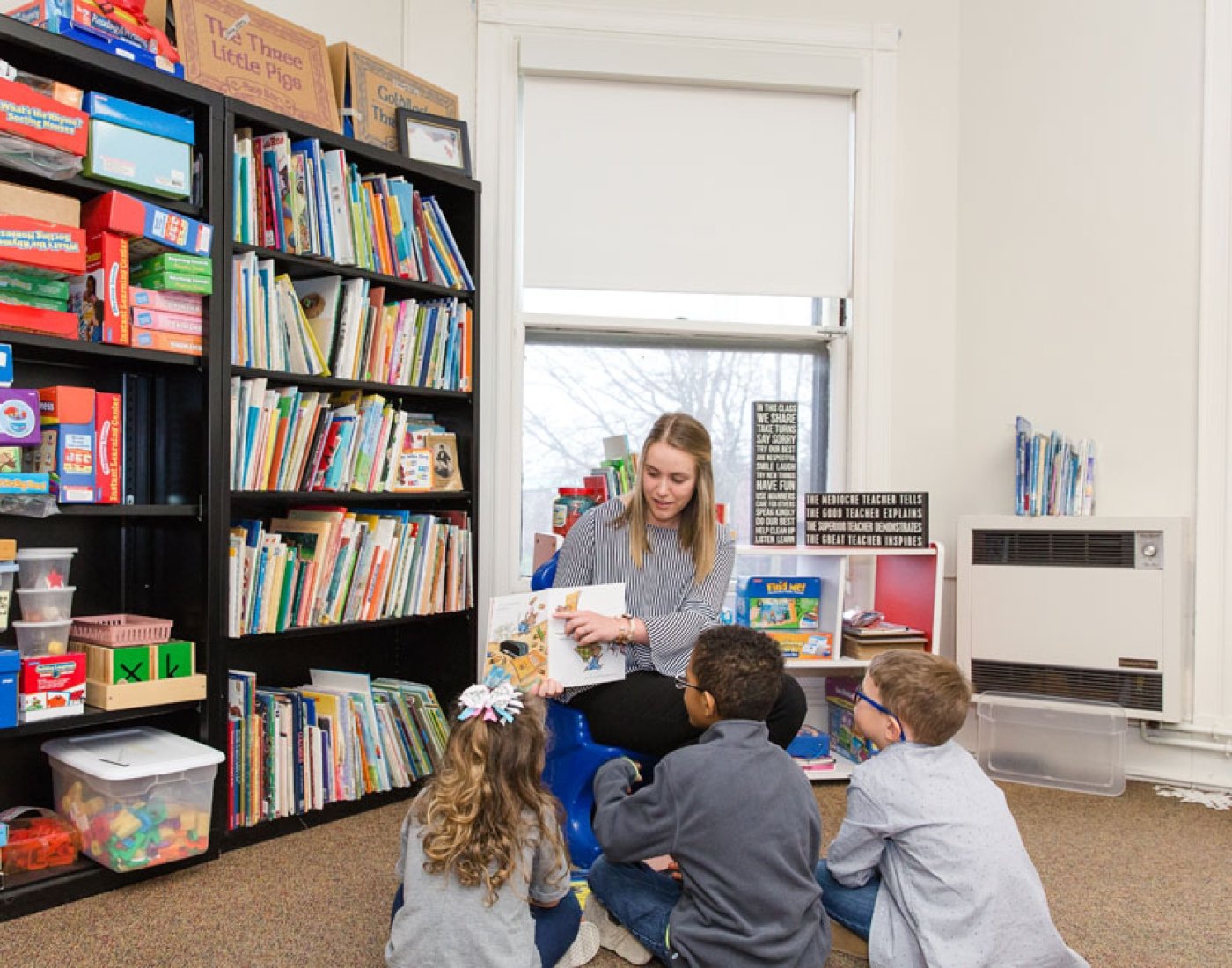
Study in a Diverse Environment
Nestled in the vibrant coastal city of Newport, our early childhood education program offers future educators a dynamic and diverse learning environment. With a rich blend of cultures, backgrounds and educational settings, Newport provides exceptional opportunities for hands-on experience in local schools and community programs.
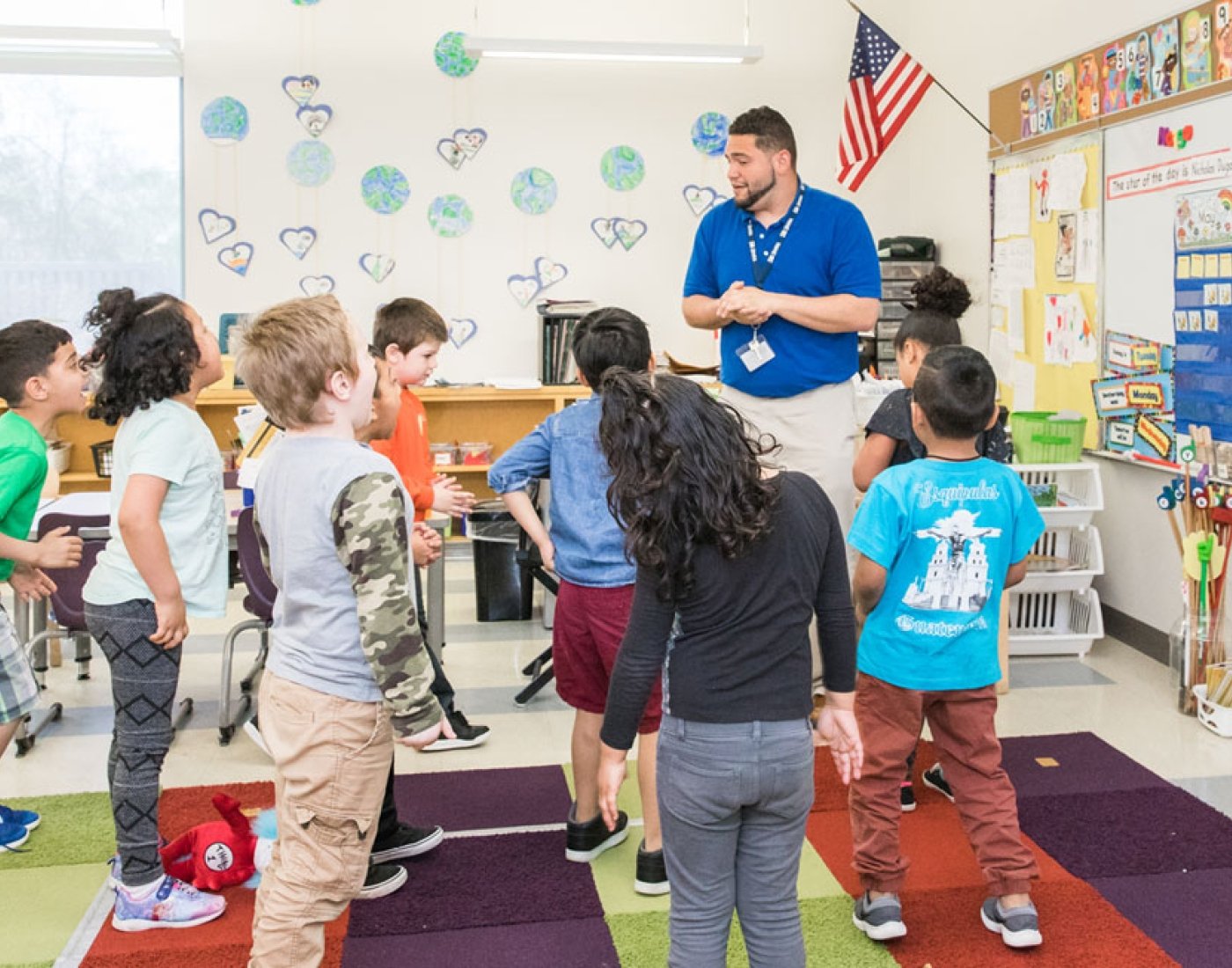
Clinical Placements
Our early childhood education majors benefit from the personalized guidance they receive from faculty and school professionals. Through extensive clinical placements, which culminate in two semesters of student teaching assignments, you'll put theory into practice, observe cutting-edge methods and gain valuable experience in your discipline.
During your student teaching placements, you'll have substantial responsibility for the full range of teaching duties. Your placement is balanced with analysis and evaluation of the teaching-learning process in a weekly seminar, as well as in individualized conferences with supervisors.
Study Abroad Opportunities
At Salve, education majors can study abroad for a semester in the spring of their sophomore year or participate in one of our short-term summer study abroad opportunities. Our students have studied in England, Ireland, Italy and more.
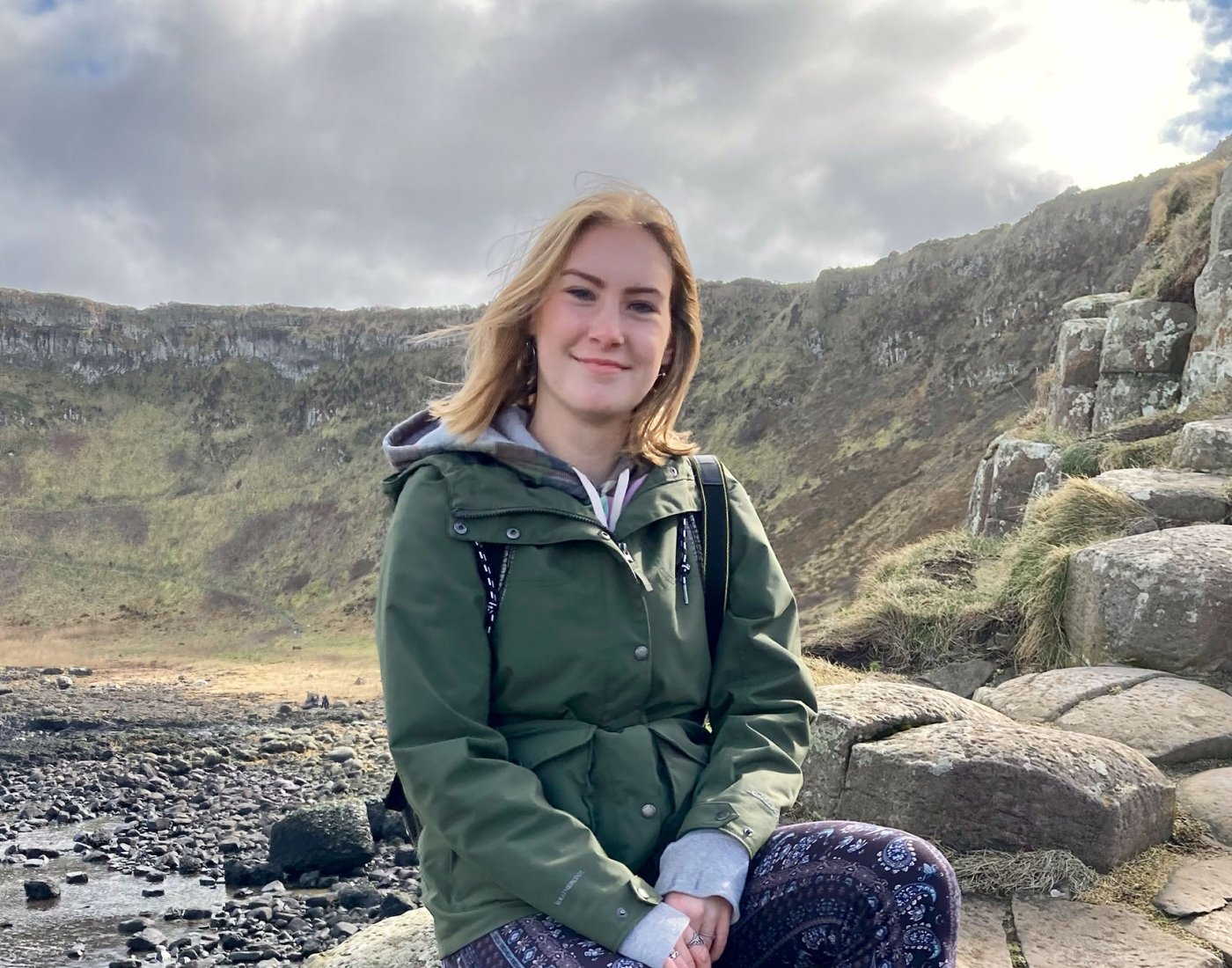
Vibrant Student Organizations
You can join campus organizations such as Best Buddies, Student Education Association, Student Government Association, Multicultural Student Organization, Black Student Union and more - offering ways to build leadership skills, form lifelong friendships, participate in service projects and make a positive impact on local schools and communities.
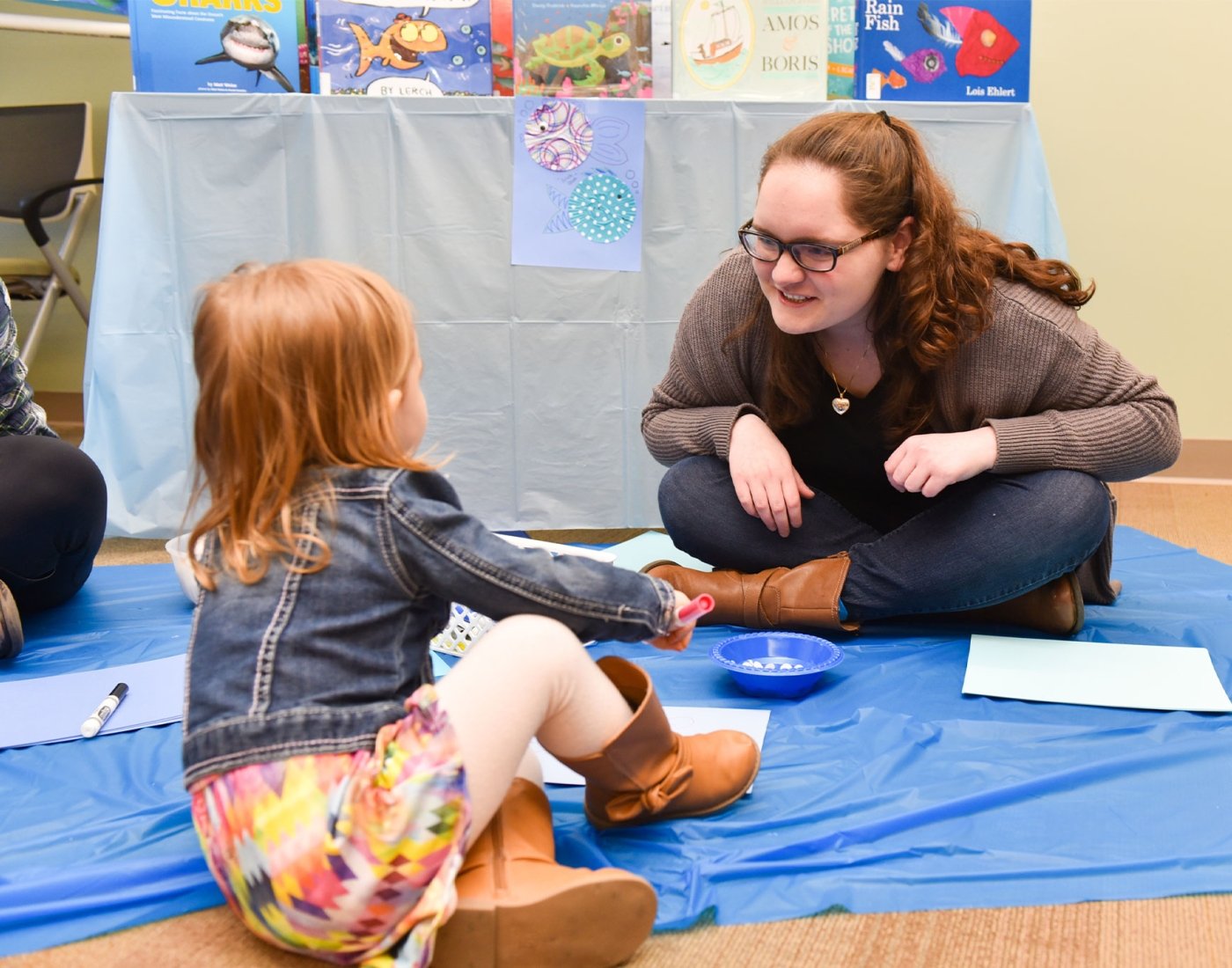
Students and Alumni Making Waves
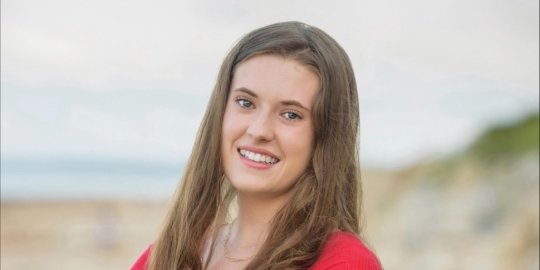
Sophia Lennon
Early childhood and special education major
"Being an early childhood and special education double major has uplifted my Salve experience - it gave me the opportunity to learn and grow in a small community of like-minded individuals where I felt comfortable to take risks and make mistakes, as that is part of the learning experience. This major allowed me to develop relationships with my peers and professors that will last long after I graduate from Salve."
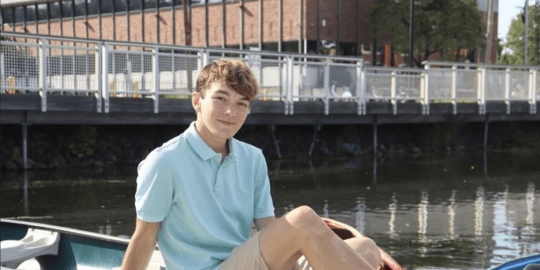
Gianni Soucy
Early childhood and special education major
"All of the professors here are very supportive of you, both as a student and as a future teacher. I have had Dr. Moore as my advisor and professor, and she indubitably has supported me every step of the way. I feel that I can always reach out to her with any questions or concerns that I have. I truly feel that I have found my people within this community, and I adore the 'education family' that we have."
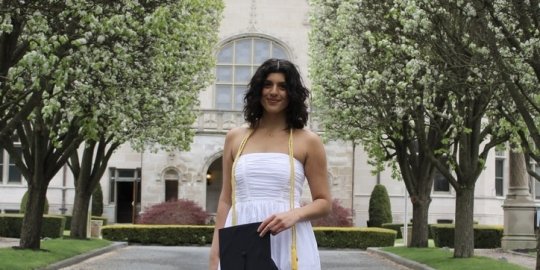
Beatriz Ferreira '24
First grade co-teacher, Adam J. Lewis Academy
"Participating in the early childhood education program allowed me to personalize my educational experience and explore my passion for social justice in education. The small class sizes allowed me to develop a positive relationship with my peers and professors, and helped me develop a teaching style that felt authentic to me. I am incredibly grateful for the early learning community at Salve and I attribute my growth as a teacher to this program."
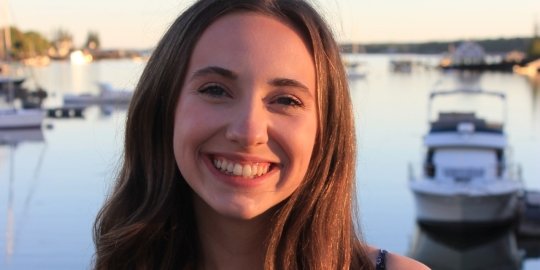
Olivia Augustine
Early childhood and special education major
"I can confidently say that working with the faculty in the Department of Education has been one of the most rewarding aspects of my time at Salve. Each professor brings a deep passion for teaching, as all have worked as early childhood educators in the past. The early childhood and special education program is a small and close-knit community, which has given me the opportunity to form strong relationships with my professors. Each one truly takes the time to know each student, and they genuinely want to see us succeed."
Career Paths in Early Childhood Education
A degree in early childhood education from Salve opens doors far beyond the traditional classroom.
While many graduates become certified to teach pre-kindergarten through second grade, others pursue careers as after-school program administrators, consultants, educational administrators, researchers, childcare workers, professional development specialists and more.
The skills gained - ranging from lesson planning and classroom management to public speaking, teamwork, creativity and technological proficiency - make our alumni highly sought after in education, leadership and beyond.
A look at where our alumni are now:
- Elementary school teacher, Worcester (MA) Public Schools
- First-grade teacher, North Bend (OR) School District
- Head of curriculum development, The Haven Collection
- Special education graduate teaching fellow, Lynnfield (MA) Public Schools
- Special education teacher, Westborough (MA) Public Schools
Degree Options
Bachelor of Science in early childhood education
Our early childhood education major is designed for students who are passionate about shaping young minds and making a lasting impact during the most critical years of child development. We combine hands-on classroom experience with strong academic preparation, preparing future educators to become confident, compassionate and effective teachers in diverse early learning environments.
Bachelor of Science in early childhood and special education
Our early childhood education and special education double major is designed for students who are dedicated to creating inclusive, supportive learning environments for all children. This comprehensive program equips future educators with the knowledge, skills and hands-on experience needed to teach those with diverse learning needs - making them highly prepared and versatile professionals in today's classrooms.
Minor in special education
All education majors, along with students not majoring in education, are welcome to minor in special education. Our minor does not meet the requirements for special education teacher certification.
Meet Our Early Childhood Education Faculty
Comprehensive instruction and personalized guidance from our committed and experienced faculty ensure that our students acquire the knowledge and skills needed to become exemplary practitioners and scholars. Our faculty have all served as practicing teachers, and many also conduct research and continue to work with children and families.
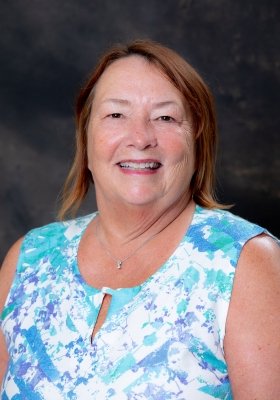
Dr. Kimberly Behan
- Lecturer
- Chair, Education
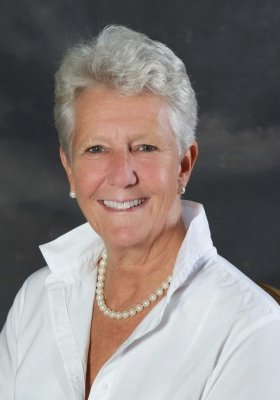
Dr. Jennifer Booth
- Lecturer
- Graduate Program Director
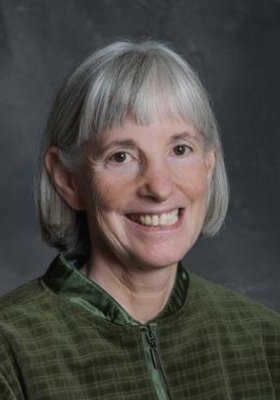
Dr. Alice Graham
- Professor
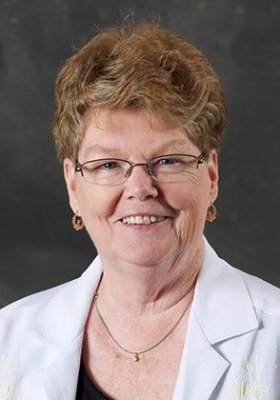
Dr. Elizabeth McAuliffe
- Associate professor
- Coordinator
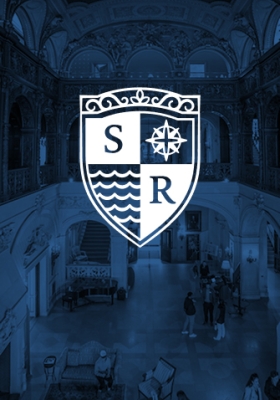
Dr. Holly Moore
- Associate professor
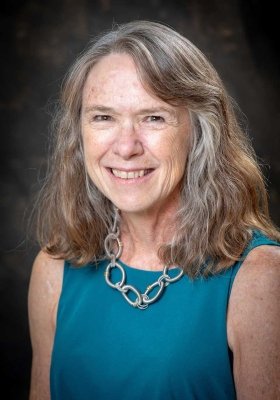
Dr. Pamela O'Day
- Lecturer
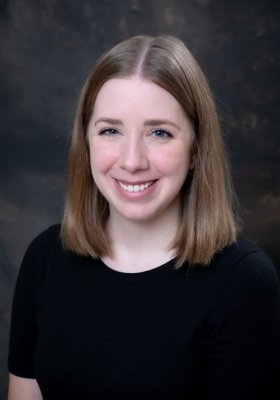
Dr. Anna Oliveri
- Assistant professor
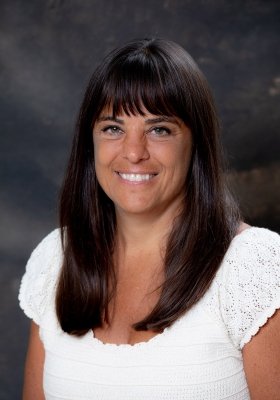
Dr. Tracy Pelkowski
- Associate professor
- Program coordinator
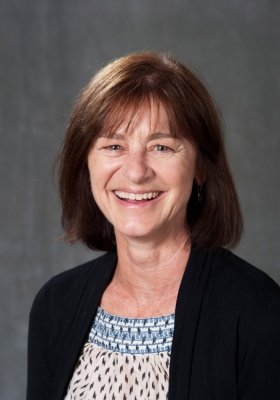
Susan Small
- Lecturer
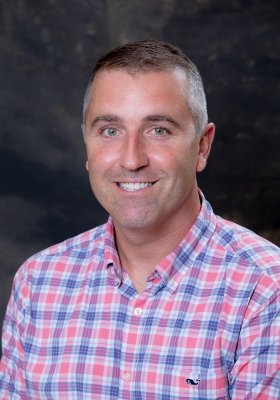
Dr. Matthew Taylor
- Assistant professor
